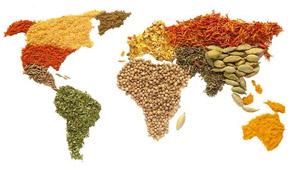Nutrition and Health Sciences, Department of

NUTR/GLST 498b: Global Research Experiences in Nutrition and Health
Date of this Version
2022
Document Type
Presentation
Citation
UCARE Poster, 2022, University of Nebraska-Lincoln.
Abstract
Introduction: Water, sanitation, and hygiene practices in sub-Saharan Africa, including Zambia, have not met the Millennium Development Goals (MDGs) and remain inadequate to improve the overall health and wellbeing of most populations.
Methods: Survey research, interviews, WASH observations, and anthropometric assessment were conducted between May-June 2022 on 6-7th grade students within 6 Zambian schools.
Results: While hygiene knowledge was prominent, and handwashing stations and pit latrines were available, schools rarely supplied soap or toilet paper. Diarrheal and respiratory diseases were common and water shortages remain problematic with some students traveling long distances to reach a water source.
Discussion: As in much of sub-Saharan Africa, WASH practices and conditions remain inadequate to optimize the health and wellbeing of Zambians. WASH knowledge is present among most, but high rates of disease and water insecurity reveal that WASH resources and infrastructure are insufficient. Soap, improved latrines, and reliable water remain luxuries in Zambia, however, they are the tools needed to strengthen the overall wellbeing of Zambians.
Included in
International and Community Nutrition Commons, Other Food Science Commons, Public Health Commons


Comments
Copyright © 2022 Katie Schmitz